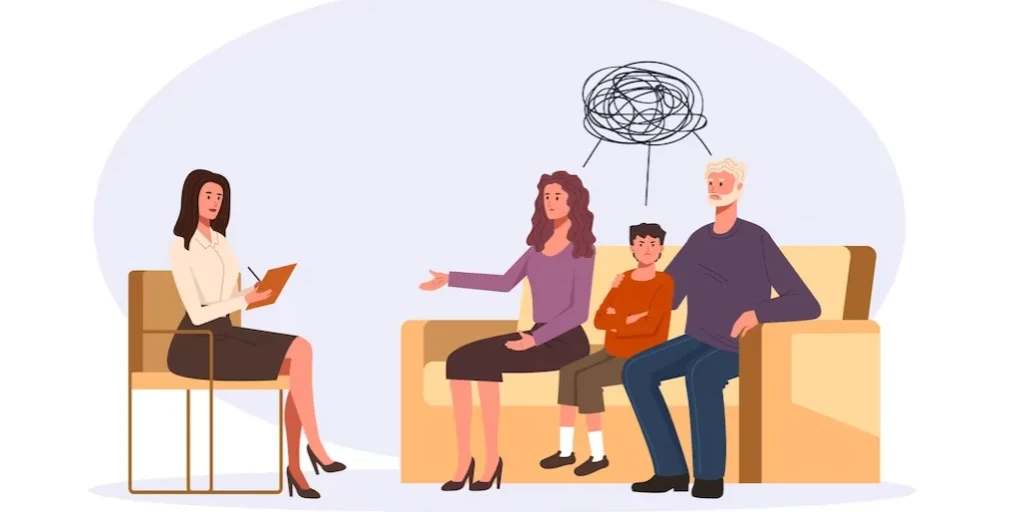24/7 Helpline:
(866) 899-111424/7 Helpline:
(866) 899-1114
Situated in the heart of Androscoggin County County, Lewiston, Maine is a city rich in history and culture, boasting a population of approximately 36,000 residents. Originally settled in the early 19th century, Lewiston emerged as a bustling mill town, attracting diverse communities to its industrious landscape. The city is known for its picturesque surroundings and family-friendly atmosphere, making it a desirable place to live. However, despite its charm and vibrancy, Lewiston is grappling with significant challenges related to drug and alcohol addiction.
Like many urban areas across the United States, Lewiston has been affected by rising rates of substance abuse, particularly in recent years. Drug addiction in Lewiston, Maine has risen to alarming levels, with opioids and alcohol being the most problematic substances. This crisis has not only affected individuals but has also left a profound impact on families and the community as a whole. The increasing prevalence of addiction has underscored the urgent need for effective treatment solutions.
In this context,
centers in Lewiston, Maine play a crucial role in addressing the addiction epidemic. These facilities provide invaluable support through comprehensive treatment programs that help individuals recover from substance abuse. They offer various therapeutic modalities designed to tackle the physical, psychological, and social aspects of dependence, making them pivotal in the fight against addiction. By promoting healing and empowerment, Lewiston's rehab centers are vital in helping individuals reclaim their lives and reintegrate into society.This ongoing battle against addiction in Lewiston is not just a medical issue but a community concern that calls for collaboration among health professionals, local leaders, and family members. As the need for addiction treatment increases, stronger support networks and accessible rehab resources are essential for helping affected individuals and nurturing a healthier future for the community. Lewiston's resilience and commitment to addressing these challenges highlight the importance of investing in rehab centers and comprehensive addiction treatment options.
Learn more about rehab centers inOther Insurance Options

Horizon Healthcare Service

BlueShield

Optima

Evernorth

UnitedHealth Group

Covered California

State Farm

Aetna

Access to Recovery (ATR) Voucher

Providence

Sutter

Meritain

Multiplan

Health Partners

Ambetter

UMR

Private insurance

Carleon

Medical Mutual of Ohio

ComPsych











